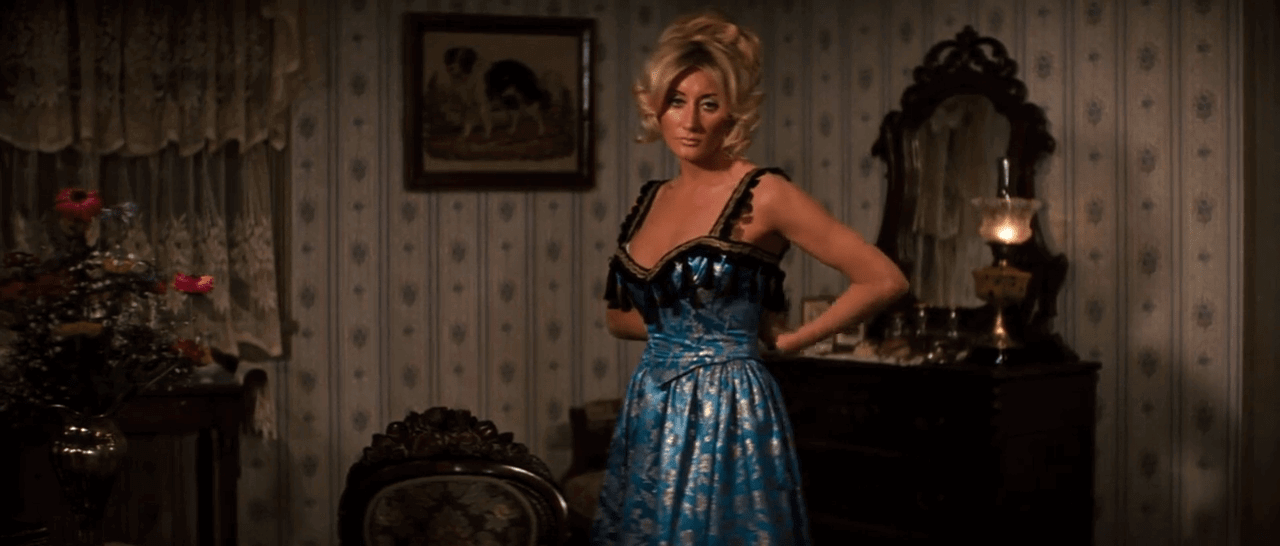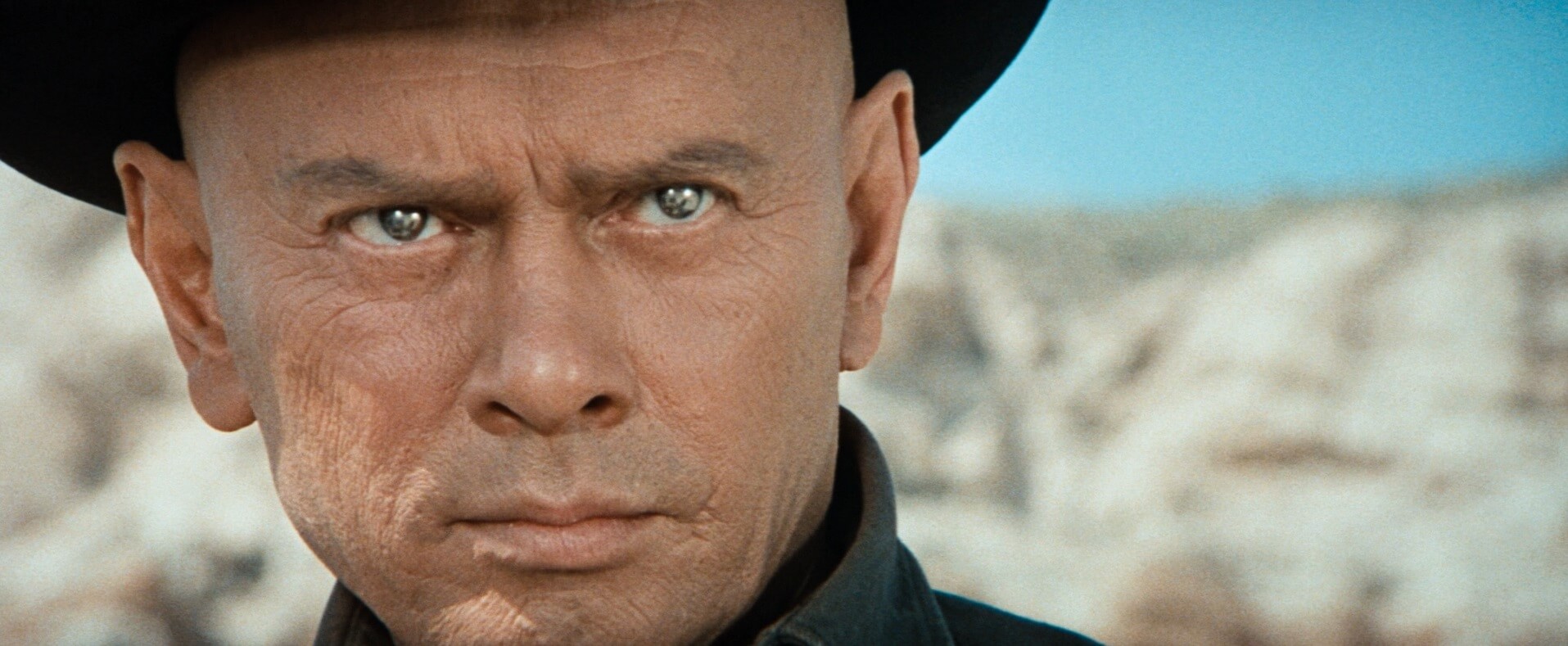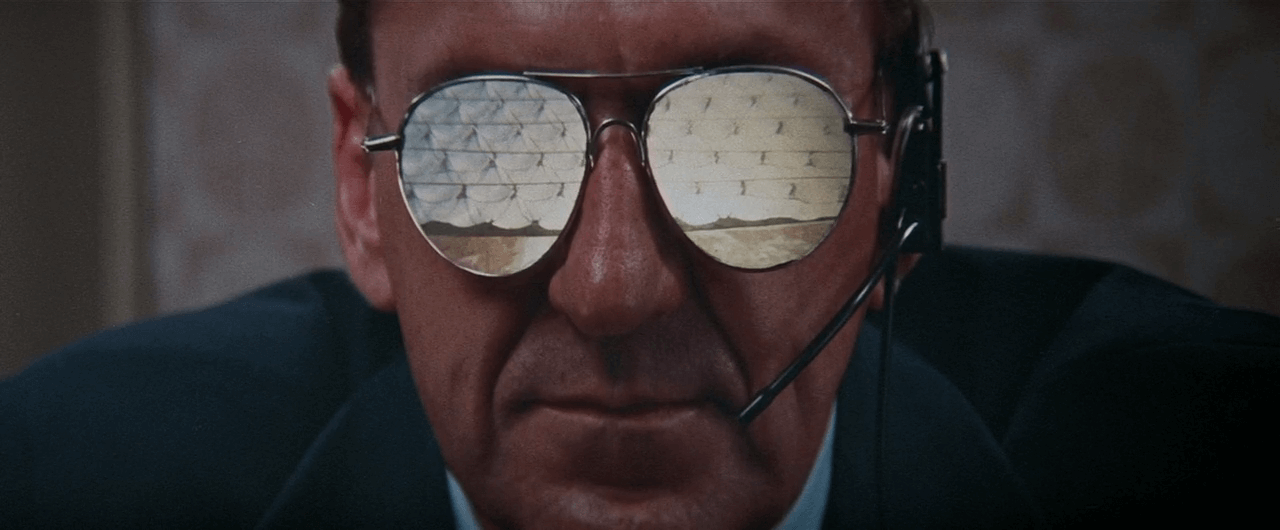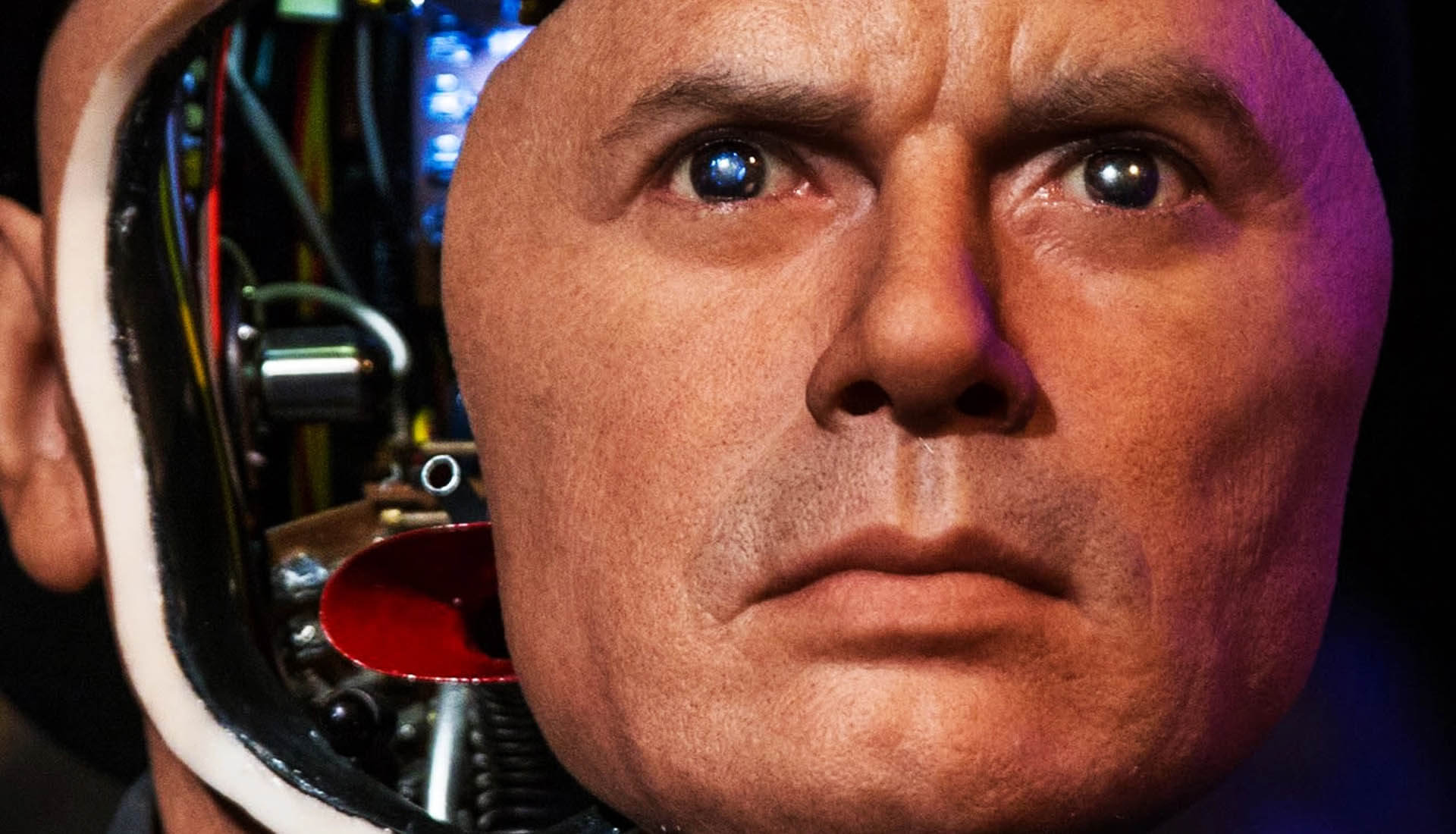WESTWORLD. Little-known predecessor to HBO sci-fi series

Although fifty years have passed since its premiere, it cannot be said that the film has aged in terms of formulated messages.
One of the greatest narrative twists is the shift from being passive recipients of the story to active participants. This is evidenced by the popularity of computer games, a medium based on interaction and assuming roles. Hundreds of years of getting excited about the deeds of characters seen on stage, screen, or simply in imagination are slowly becoming obsolete. Now, with the help of the latest technologies, we have the opportunity to step into the shoes of our favorite characters, simultaneously becoming the central point of the story we create. Michael Crichton, a respected American writer and visionary, recognized this characteristic early on. However, the idea of stepping into the shoes of a specific story’s hero was taken quite literally. Interestingly, inspiration struck the author during a visit to Disneyland, where he learned about the operation of the mechanical Pirates of the Caribbean. In Crichton’s 1973 film, Westworld, his directorial and screenwriting debut, he envisioned a futuristic entertainment park that allowed participants an extraordinary experience. As the opening scene illustrates, guests fresh out of the park eloquently describe their recent experience as “the vacation of the future.”

The two main characters (played by Richard Benjamin and James Brolin) decide to embark on such a vacation. The action takes us to the year 1983. The Delos complex, which costs a considerable amount to visit, offers three worlds to choose from: ancient Rome, a medieval royal court, and the Wild West. As park guests, the characters, by choosing one of them, don appropriate attire and set out to conquer a vast, open world, simultaneously confronting narratives prepared by the creators. The hitch is that, although the park is clearly vibrant with life, aside from other guests, there are no flesh-and-blood beings in it. The role of those who are supposed to lend authenticity to the presented world is played by androids, perfectly imitating humans and programmed not to harm their creator. Until a certain point.
Looking at the plot of Westworld from today’s perspective, one association comes to mind – the futuristic entertainment park is nothing more than a more advanced form of today’s MMORPG games. After all, it provides us with a vast world to explore, tasks to complete, or the freedom to travel. Eventually, we take on roles far from those we play in real life. I am convinced that if technology allows humanity, such a park could indeed be created in the future (Japan is already moving in that direction).

In this case, the overpowering need for escapism, facilitated by all narratives, becomes apparent again. The need for a breath of air from a world that is a complete alternative to the daily grayness. It is also a field for realizing unfulfilled ambitions, the opportunity to occupy a higher social position than usual, and the experience of adventures impossible to live in reality. Meanwhile, the androids, as new subjects, are in this case a clear reference to the deep-seated human need for domination.
This explains the narrative twist in the film, a consequence of the rebellion of the robots. Upon gaining self-awareness, they finally decide to resist their creator and, through an unequivocal act of aggression, bring an end to his life. But this rebellion can also be understood in prosaic terms, an uncontrolled glitch that, like a deus ex machina, appears at the least expected moment, completely changing the rules of the game. This way, Crichton’s Westworld is considered the first foreshadowing of the problems that computer viruses will bring in the future.

The representation of rebellion against humans in Westworld is a character known as the Gunslinger, played by Yul Brynner. His inhuman calmness and cold determination in pursuing his prey bring to mind the modus operandi of Michael Myers (Halloween series) or the T-800 (Terminator series). Both Carpenter and Cameron, in fact, do not hide that they modeled their black characters in their films after this figure. Brynner himself wanted his portrayal in Westworld to be a playful homage to the character he played in The Magnificent Seven, arguably the most famous film of his career. Therefore, the Gunslinger looks exactly like Chris Larabee Adams. It is also an interesting case of actor self-irony, one cannot deny that.
Regarding this character, an essential technical fact is also worth noting. The characteristic view with which the android sees the world was the first instance of using 2D computer imagery for a feature film. Creating this digital view was an exceptionally laborious task – designing just ten seconds of the android’s view took eight hours. As we know, James Cameron later improved the appearance of the image appearing in the machine’s head with his Terminator.

Perhaps not many of you know that Westworld, the TV reboot of Westworld, was not the only continuation of Michael Crichton’s ideas. In 1976, Futureworld was created as a sequel that expanded on the original’s themes – Yul Brynner also appeared in it. On television screens, in 1980, the short-lived series Beyond Westworld briefly appeared, with only three episodes filmed. But in my opinion, the film that creatively refreshed the ideas of Westworld, taking on an equally attractive form, was Jurassic Park (for which Crichton also wrote the screenplay, based on his own novel). Spielberg’s film is considered by many as the spiritual sibling of Crichton’s 1973 film. Once again, humanity shows its ignorance and lack of caution by engaging in a dangerous game of playing God.

